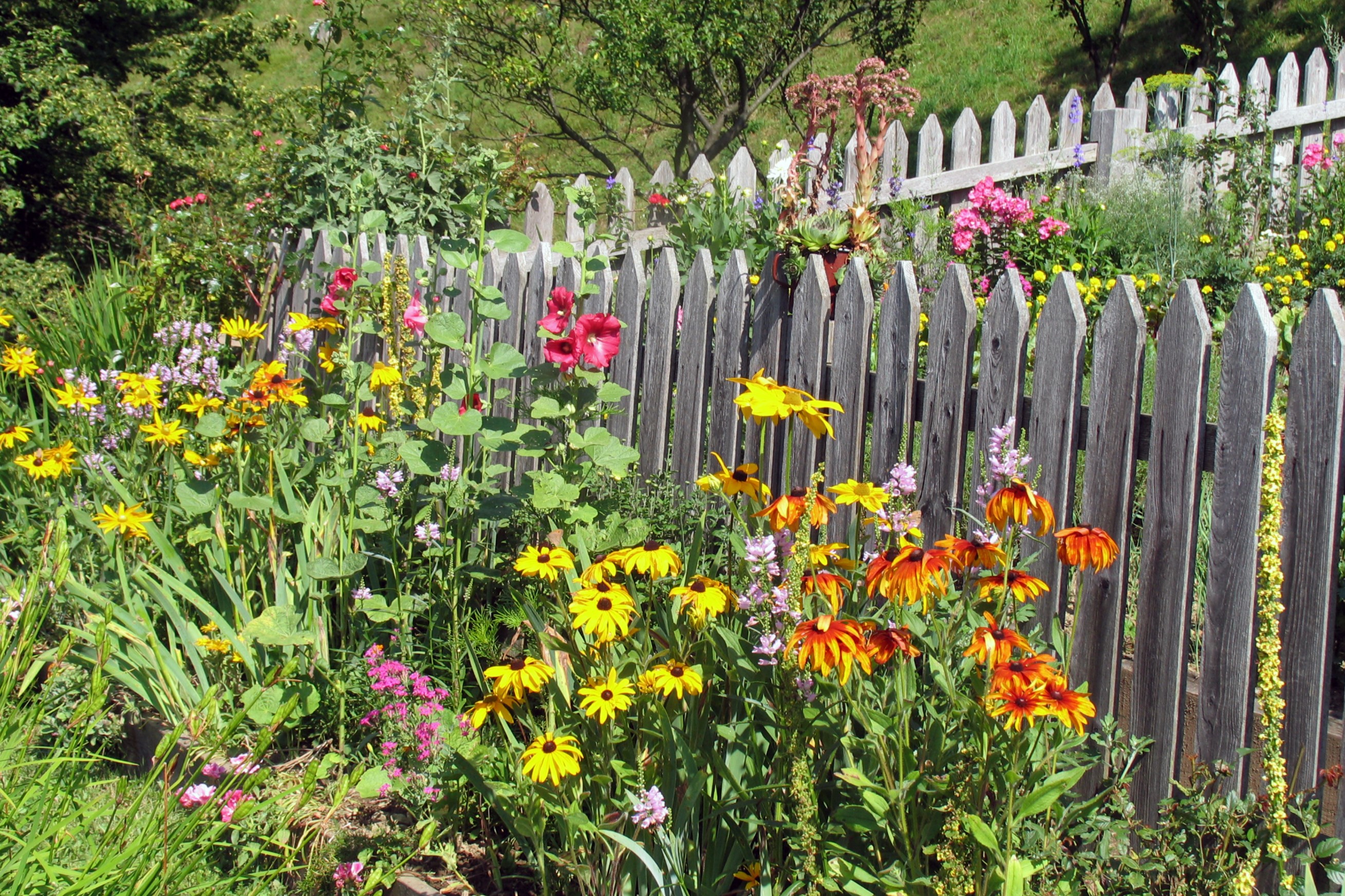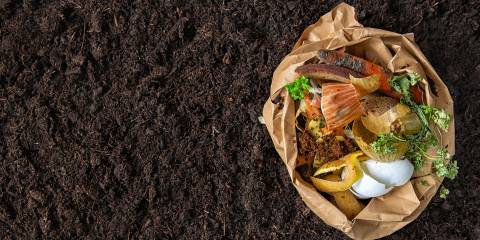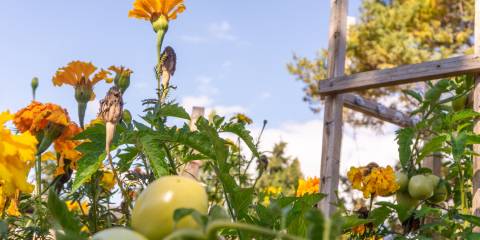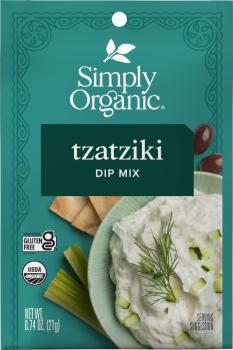Whether you’re growing vegetables, fruits, or flowers, the last thing you want to do is use pesticides that can harm you, your children, your pets, and the environment. North Americans use approximately 136 million pounds of pesticides on lawns and gardens and in their homes each year—that’s three times the amount farmers use.
Consider safe, natural controls for garden pests instead.
Put Nature to Work Against Pests!
If pesky invaders show up to dine on your prize plants, enlist the aid of natural predators. Beneficial insects such as ground beetles, ladybugs, fireflies, green lacewings, praying mantis, spiders, and wasps will keep hungry insects from devouring your plants. Attract insect friends in the following ways:
Surround yourself with flowers. Flowering plants, especially those with small flowers rich in nectar, attract beneficial flies, wasps, and other insects to your garden (see “Flower Power” below).
Plant herbs. Herbs interplanted with vegetables help attract pests’ natural enemies. Let some of the herbs go to flower since it’s the blooms that do the attracting.
Encourage birds to visit to help control garden pests. Welcome them with trees, berry-bearing shrubs, birdhouses, and water features.
Spray Your Garden Safely
If munching garden pests damage your plants, control them with some simple homemade recipes. Bad bugs won’t know what hit them.
- For aphids, mealy bugs, mites, and other soft-bodied insects: Mix 1 tablespoon of canola oil and a few drops of liquid soap into a quart of water. Shake well and pour into a spray bottle. Spray plant from the top down and from the bottom up to get the underside of the leaves. The oil smothers the insects.
- Another choice for mites and other insects: Mix 2 tablespoons of hot pepper sauce or cayenne pepper with a few drops of liquid soap into a quart of water. Let stand overnight, stir, pour into a spray bottle, and apply as above. Shake container frequently during application.
- For insects and fungal diseases: Combine 1 table-spoon of cooking oil, 2 tablespoons of baking soda, and a few drops of liquid soap into a quart of water. Pour into a spray container and apply as above.
- For weeds: Spot spray with common, full-strength household vinegar on a sunny day.
When Not To Spray Your Plants
Don't spray in the full sun, when the temperature is above 90 degrees or the humidity is very high. Make sure your plants are not drought stressed and do not repeat the spray too often.
Attract Helpful Insects to Control Garden Pests
Beautify your yard and control harmful insects at the same time by planting flowers, herbs, and vegetables that attract helpful insects. Members of the mint family (lemon balm, pennyroyal, thyme), carrot family (dill, parsley), and cabbage family (radishes, mustard, broccoli) draw beneficial insects.
Other plants to consider? Angelica, aster, bee balm, black-eyed Susan, calendula, candytuft, cilantro, clover, daisy, dill, evening primrose, fennel, goldenrod, parsley, sunflower, sweet alyssum, valerian, and yarrow.




